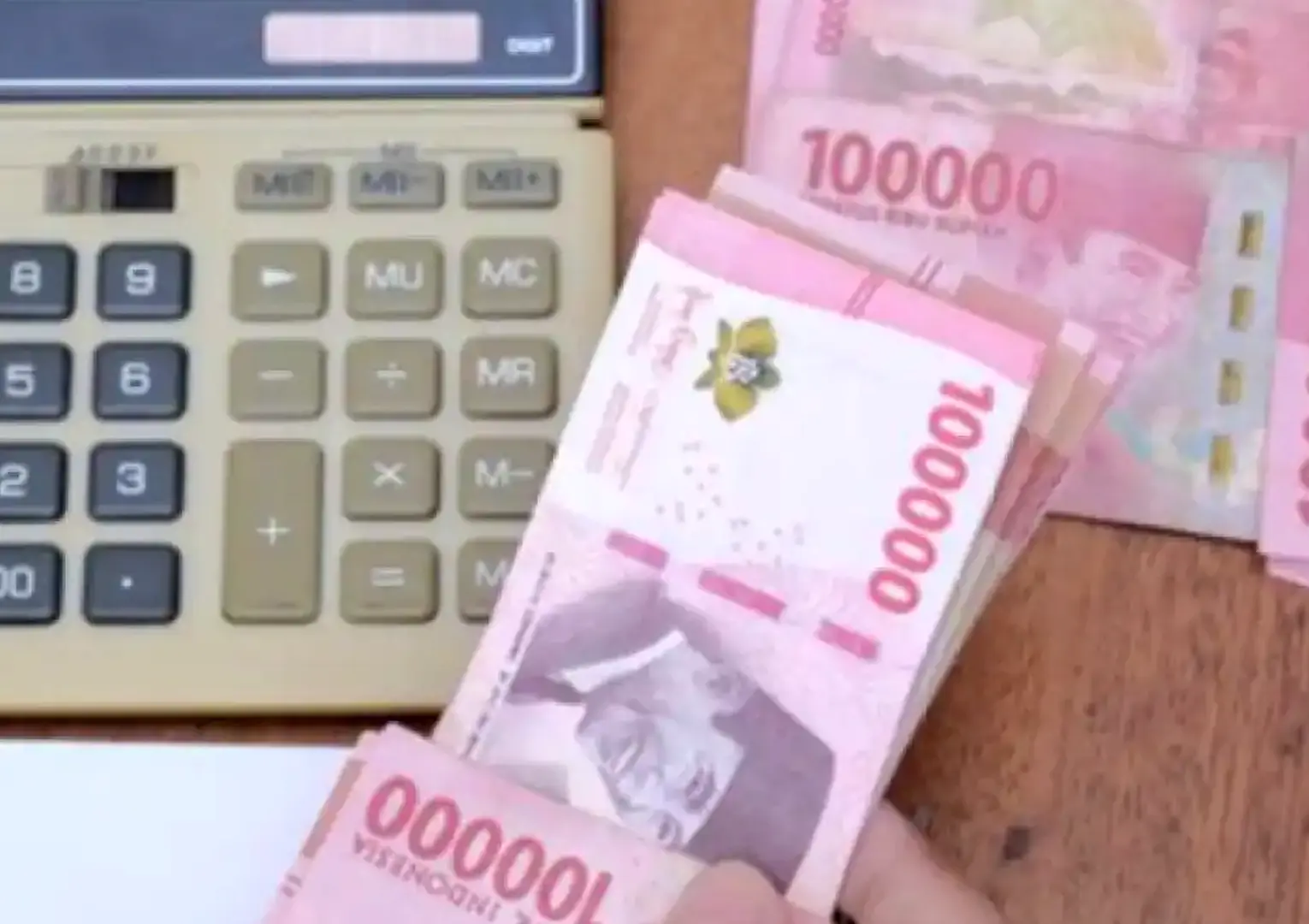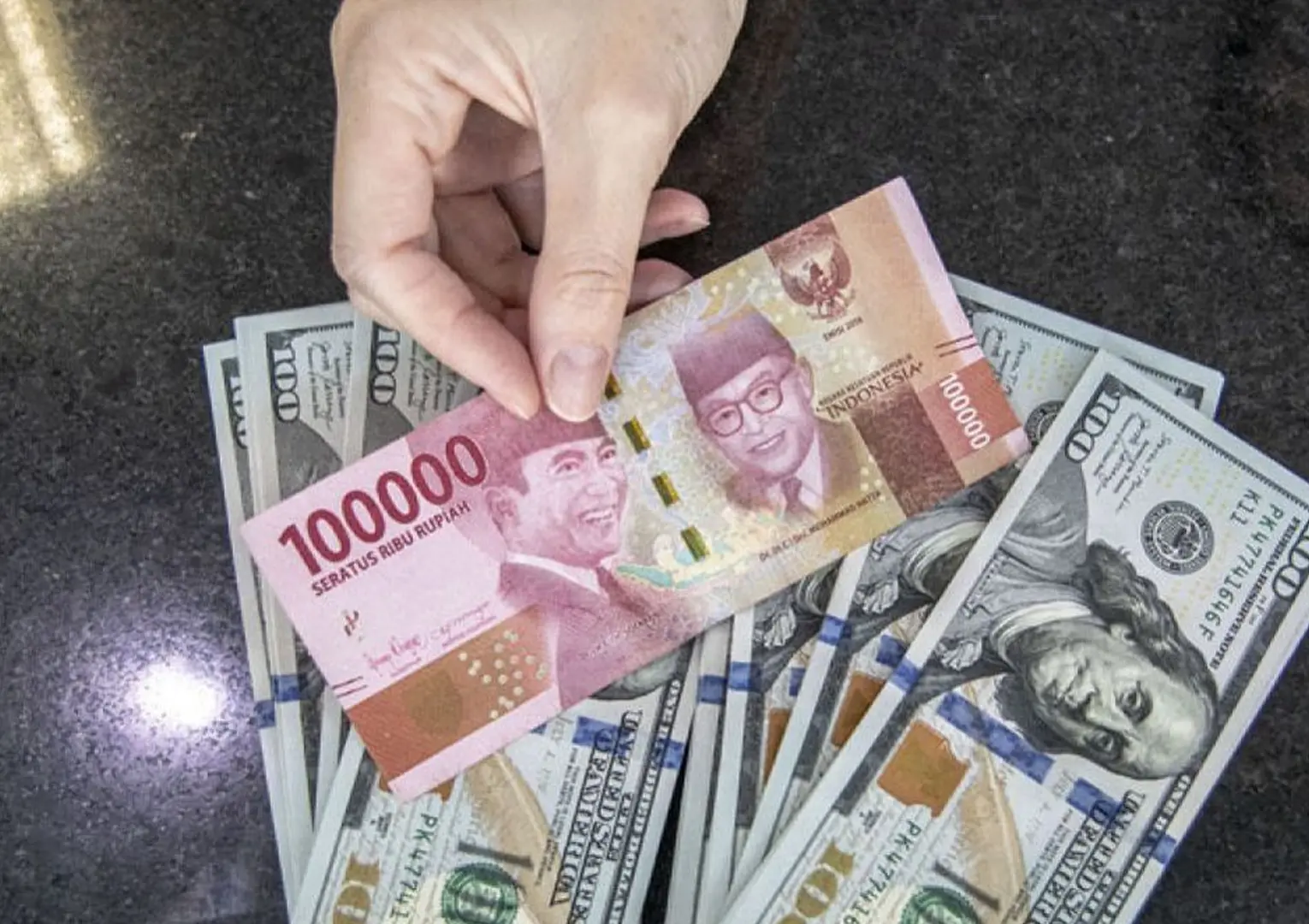Rupiah Depreciates: What It Means for Businesses and How to Deal with It
May 30, 2025
Bisnis
Share This Article

Lately, the exchange rate of the rupiah against the US dollar has once again come under the spotlight. Many news reports have highlighted the weakening of the rupiah. Naturally, this situation has raised concerns—especially among business owners.
But what does it really mean when we say the "rupiah is weakening"? Does it only affect large corporations, or can it also impact small and medium-sized enterprises? Let’s dive into the discussion and find out, Labamu friends!
Why Does the Rupiah Weaken?
Before we dive into why the rupiah is weakening, it’s important for you, Labamu friends, to first understand what an exchange rate is.
Simply put, the exchange rate is the price of one country’s currency when exchanged for another country’s currency. For example, if you want to buy 1 US dollar and the current rate is IDR 16,500, that means the exchange rate of the dollar to the rupiah is IDR 16,500. In other words, you need to exchange IDR 16,500 to get 1 US dollar.
This rate is important because it affects many aspects of economic activity—ranging from the cost of imported goods, foreign debt payments, to overseas travel expenses. Western Union also explains that the exchange rate is a key indicator of a country’s financial health.
And just like product prices in the market, exchange rates can fluctuate daily, depending on the global demand and supply for that currency. If a currency is in high demand, its value can rise (known as appreciation). But if demand drops, its value can fall (called depreciation).
Now, let’s look at the current situation. Citing Tempo, on Friday, May 9, 2025, the exchange rate of the rupiah against the US dollar closed at IDR 16,520 per USD. This marks a weakening of 18 points from the previous close of IDR 16,502. According to financial analysts, this weakening trend may continue for some time.
So, what’s causing the rupiah to weaken like this? Here are some of the main reasons:
1. Rising Interest Rates in the United States
The decision by the US central bank, the Federal Reserve (The Fed), to maintain interest rates at 4.25–4.50% has made global investors more inclined to place their funds in the US, as it is seen as a safer and more profitable option. This increases demand for the US dollar, while other currencies—including the rupiah—become less attractive, resulting in depreciation.
2. High Global Uncertainty
Geopolitical conflicts, tensions between nations, and trade wars among major countries create uncertainty in global markets. As a result, investors tend to avoid risk by pulling their investments out of emerging markets like Indonesia. This lowers demand for the rupiah, weakening its exchange rate.
3. Increased Domestic Demand for US Dollars
Toward the middle of the year, many Indonesian companies make payments on foreign debts and dividends to foreign investors. These payments are mostly made in US dollars, driving up demand for the greenback. As the dollar becomes more sought after, its value rises—and the rupiah weakens in turn.
4. Decline in Commodity Exports
As the prices of several key Indonesian export commodities drop, export revenues also decline. This leads to a reduced supply of US dollars in the domestic market, placing further pressure on the rupiah’s exchange rate.
5. Uncertainty in Domestic Policies
Government policies deemed controversial—such as the passing of the TNI Bill and changes in the management of state funds—have raised concerns and made investors hesitant to invest in Indonesia. A notable example is LG’s decision to withdraw a USD 7.7 billion investment in an electric vehicle battery development project last April. This has triggered capital outflows, putting more pressure on the rupiah.
Conclusion
When the US dollar strengthens, it usually means the rupiah is weakening. In other words, the appreciation of one currency often results in the depreciation of the other.
What Are the Impacts of a Weakening Rupiah on Businesses?
For MSME players, a weakening rupiah isn’t just a number in the economic news—it can have real, tangible effects on your business. However, behind these challenges lie opportunities that can be seized if entrepreneurs are able to adapt quickly. That’s why it’s important to understand the key impacts outlined below.
1. Increased Production Costs
When the rupiah weakens, imported goods become more expensive. If your business relies on raw materials, components, or equipment from abroad, production costs will automatically rise.
If these costs are not adjusted promptly, it could shrink profit margins or even lead to losses.
2. Causes Price Instability
As a business owner, you may need to raise your selling prices to offset higher production costs. However, on the other hand, consumers’ purchasing power is also under pressure due to rising prices of basic necessities.
When customers are unwilling or unable to accept the new prices, sales may decline and your business could be disrupted.
3. Puts Heavy Pressure on Domestic Industries
A weakening rupiah can be a double blow for local industries. On one hand, imported raw materials become more expensive. On the other hand, cheap imported products—such as those from China—can flood the market, putting pressure on local products whose prices are currently less competitive.
However, businesses targeting exports might be able to take advantage of this situation. Although they still rely on imported raw materials, exporters can offset production costs by benefiting from a more favorable exchange rate.
4. Creates Opportunities for Local Products
It’s not always negative—there’s a positive side to a weakening rupiah as well. As imported goods become more expensive, consumers start looking for local product alternatives. For example, choosing local fruits instead of imported ones. If leveraged well, this can be a great opportunity for local MSME producers to expand their market.
However, caution is still needed because not all local producers will benefit immediately. If raw materials still depend on imports, rising production costs can squeeze profit margins and make export prices less competitive.
5. Dollar-Based Businesses and Exporters Can Benefit
For some business players, a weakening rupiah can actually present an opportunity. For example, MSMEs that receive payments in dollars—such as exporters, craft producers, fashion, food, or digital product businesses serving overseas markets.
A higher exchange rate means that income earned in dollars will be worth more when converted to rupiah.
Managing business finances certainly comes with challenges. Unfortunately, not all factors are within your control—one of them being the weakening of the rupiah against foreign currencies. However, this doesn’t mean you can’t adapt.
With well-organized and structured business management, you can overcome any obstacles in growing your business. One key way is by ensuring your cash flow remains healthy and all transactions are properly recorded.
This is where business management apps like Labamu play a crucial role. From recording daily transactions, monitoring inventory, generating profit and loss reports, to managing staff and marketing campaigns—you can track it all within a single app. Download the app now on Google Play or the App Store and experience the benefits for yourself!














